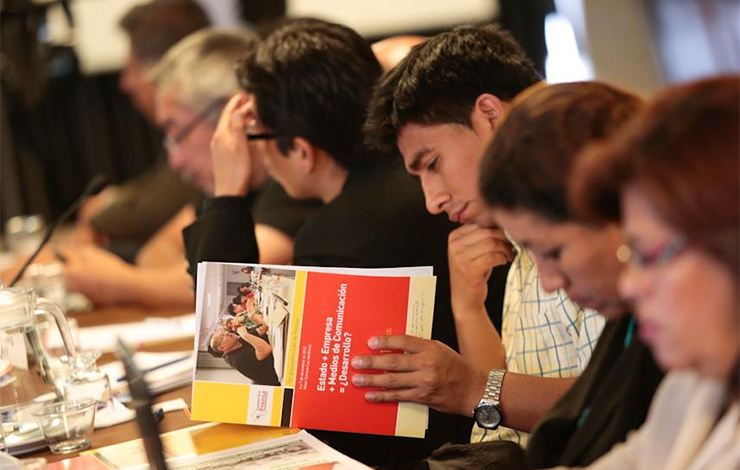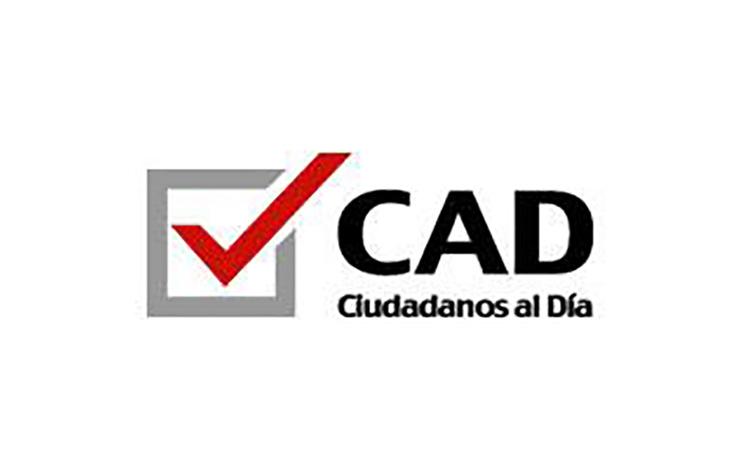Weak law enforcement and uneven legal protection for children in many Latin American countries compromise efforts to fight commercial sexual exploitation. This program brought together 26 civil society organizations from across the region to develop a coalition, as well as, build a library of legal resources for children and adolescents.
Challenge

The Best Practices in Access to Justice Project was developed in response to findings and discussions at the Latin America and the Caribbean Rule of Law Conference in 2010. At the conference, the issue of access to justice was identified as one of the greatest rule of law challenges in Peru. For example, at the time Peru was ranked 26th of 35 countries for access to justice in the WJP Rule of Law Index®. The National Agreement also reported that 50% of the population does not have access to justice and only 15% of Peruvians feel that all citizens are equal before the law. Finally, 93.6% of Peruvians report having either “not very much” trust or “none at all” in the justice system.
The lack of access to justice can be caused by many factors, but in Peru, economics, geography, and knowledge are all barriers to justice. It is essential to acknowledge and address these barriers so that Peruvians have access to their right to justice.
Program Summary
To improve access to justice, Ciudadanos al Día (CAD) identified and analyzed 28 best practices in access to justice that have been successful in Peru. CAD gathered and compiled the information on best practices into a database and report, which was disseminated through the blog Enfoque Derecho , as well as via video and other media outlets. This research also served as the basis for a Prize for Best Practices in Access to Justice, awarded at a ceremony held at the Universidad del Pacífico. The project also created a forum for non-government organizations identified by CAD to present best practices in access to justice and share the project’s findings. The purpose of this forum was to promote interaction among civil society organizations and provide greater access to relevant information.
Impact
The project worked with the media, non-governmental organizations, students, and the state to produce a report and disseminate other relevant information that would increase the knowledge on mechanisms for increasing access to justice in the region. Their findings on access to justice, achievements and lessons learned will be shared with relevant stakeholders, like non-governmental organizations, public institutions and law firms, throughout Peru, as well as other countries in the region. The project expects their efforts to create a channel for information and exchange of experiences on access to justice, as well as the best practices they identified to be replicated throughout Peru and the region.
Partners
- Asociación Civil Themis
- Pontificia Universidad Católica del Peru
- Universidad del Pacífico


